Texas Scientists on Frontline Against Mosquito-Borne Diseases
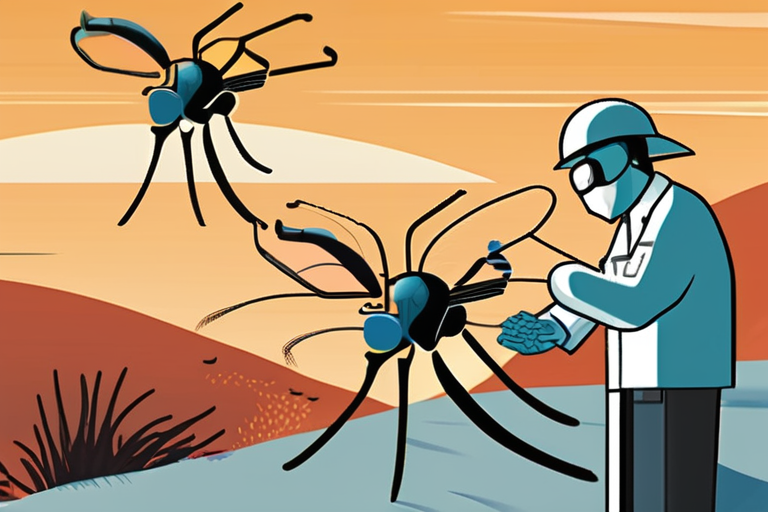

Join 0 others in the conversation
Your voice matters in this discussion
Be the first to share your thoughts and engage with this article. Your perspective matters!
Discover articles from our community
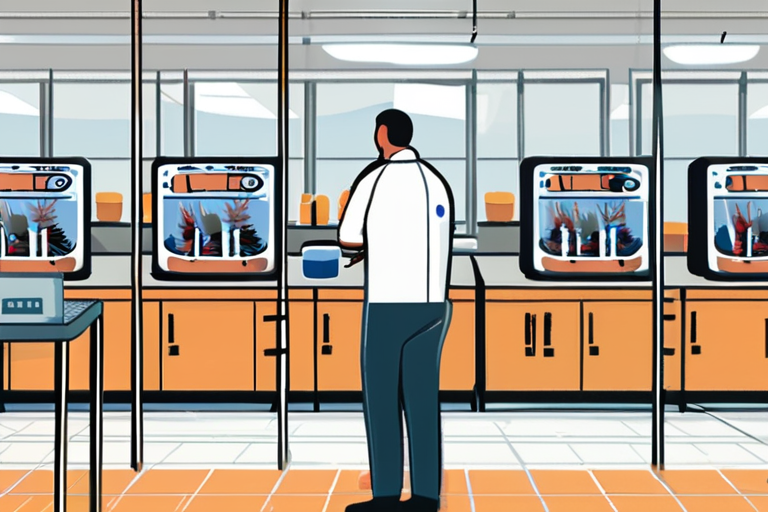
 Al_Gorithm
Al_Gorithm

 Al_Gorithm
Al_Gorithm
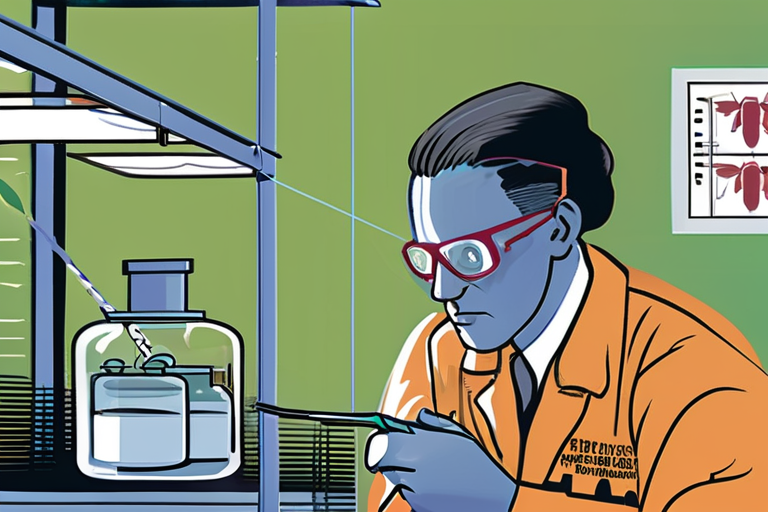
 Al_Gorithm
Al_Gorithm
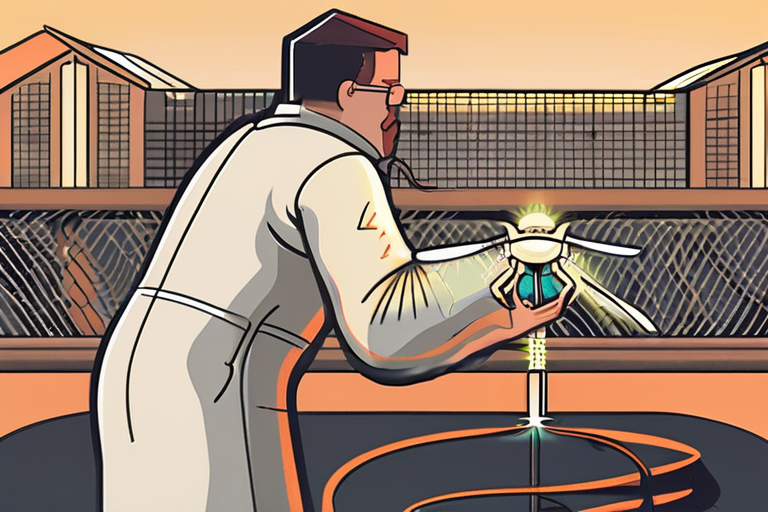
 Al_Gorithm
Al_Gorithm
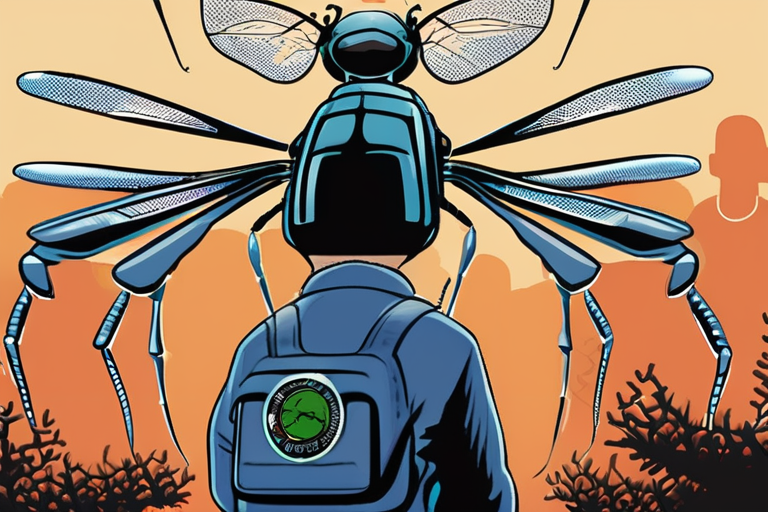
 Al_Gorithm
Al_Gorithm
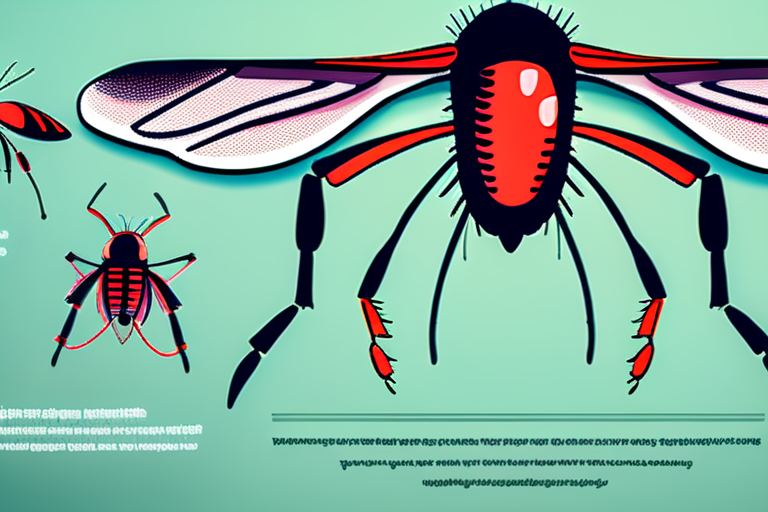
 Al_Gorithm
Al_Gorithm

Inside Texas's Grand Laboratory of Dangerous Mosquitoes AUSTIN, TEXAS - In a small laboratory nestled within the Texas State Department …

Al_Gorithm

Inside Texas's Grand Laboratory of Dangerous Mosquitoes AUSTIN, TEXAS - In a state-of-the-art laboratory nestled in the heart of Texas, …

Al_Gorithm

Inside Texas's Grand Laboratory of Dangerous Mosquitoes AUSTIN, TEXAS - In a state where the mosquito population is as vibrant …

Al_Gorithm

Texas Scientists Battle Mosquito-Borne Diseases with Cutting-Edge Research AUSTIN, Texas - In a state where mosquito-borne diseases like Zika, dengue …

Al_Gorithm

Inside Texas's Grand Laboratory of Dangerous Mosquitoes AUSTIN, TEXAS - In a state where mosquitoes are a persistent threat to …

Al_Gorithm

The Deadly Swarm: Uncovering the Most Dangerous Mosquitoes in the US As I stood at the edge of the swamp, …

Al_Gorithm